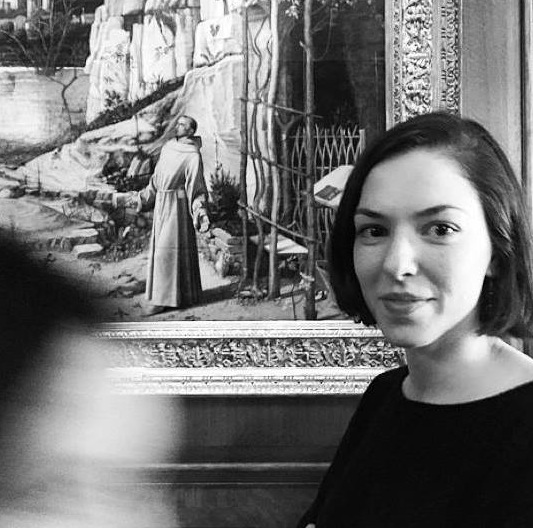
Anna Majeski
Civic judges in fifteenth-century Padua passed sentence amidst an extraordinary visualization of astrological knowledge: a fresco cycle composed of some 319 images of celestial influence on the characters, occupations and actions of Padua’s citizens. The cycle is located in Padua’s Palazzo della Ragione, the site of the city’s law courts, and was executed between c. 1425–35 by Nicolò Miretto and an unidentified Ferrarese painter. The extant frescoes are an expanded version of an earlier program painted by Giotto di Bondone between ca. 1309–12 and destroyed in a fire of 1420. These two cycles at the Palazzo della Ragione delimit the chronological span of my dissertation, which examines the intersection of models for cosmic and political ordering through the astrological imagery of fourteenth- and early fifteenth-century Padua.
The models offered by astrology were multiple. The myriad celestial bodies and their movements were an appropriate framework for collective governance during the Paduan commune, but astrological images also accommodated a series of shifting political realities as Padua transitioned to a seignorial government, and finally became a subject of the Venetian Republic in 1405. Moreover, the science of astrology was itself one of myriad—sometimes conflicting—discourses, as the fourteenth century witnessed both the rise of new forms of astrological practice and persistent challenges to the discipline’s orthodoxy. Through illuminated manuscripts, technical treatises and monumental fresco cycles, I explore how different ways of configuring the cosmos reflected and shaped the equally complex realities of sociopolitical order in contemporary Padua.